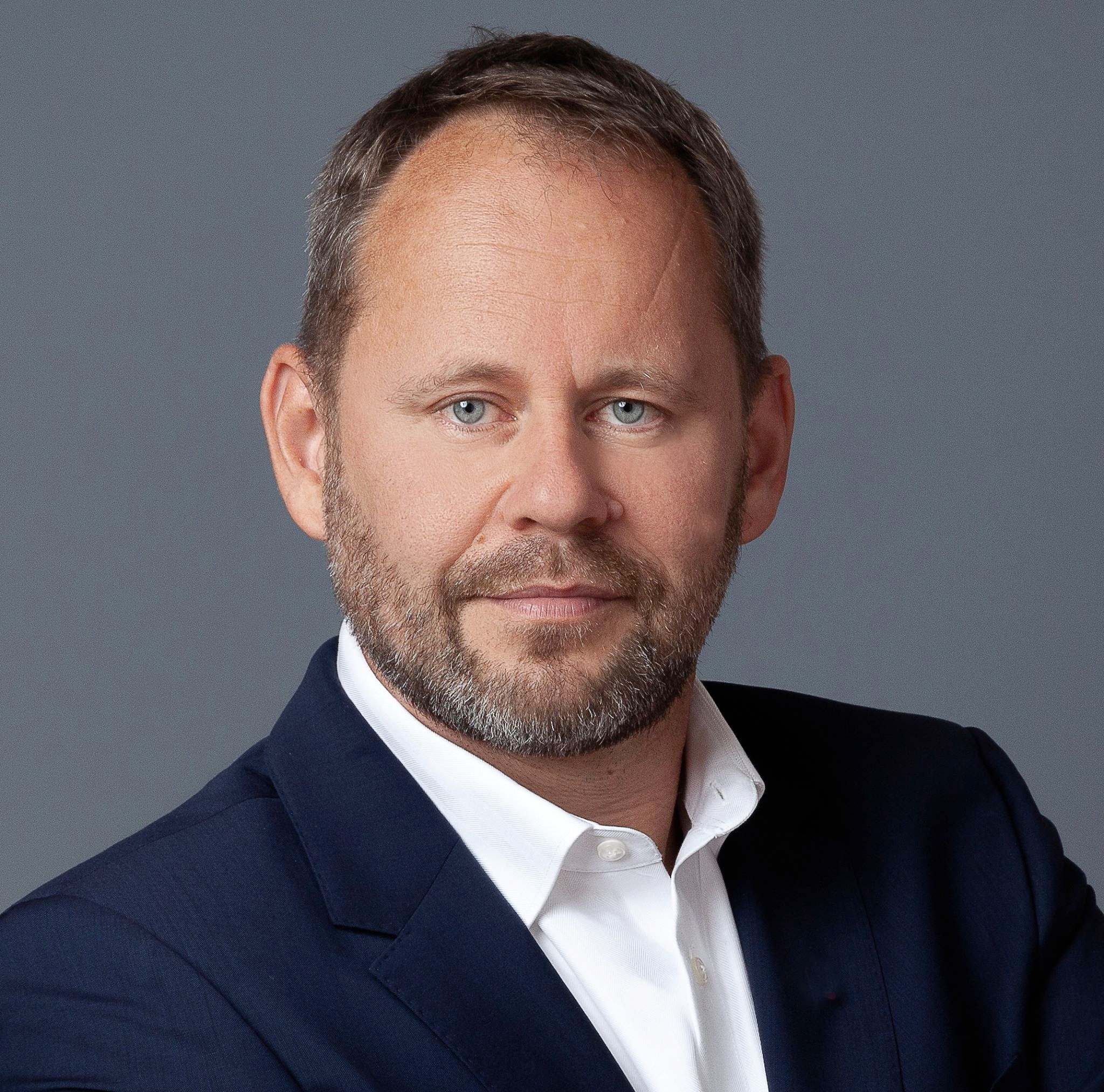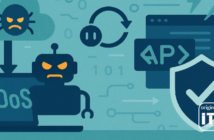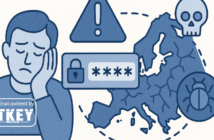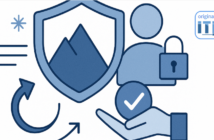For regional companies operating in Central Europe’s highly volatile labour market, a number of start-ups offer solutions to key HR challenges. The number of promising solutions has only increased recently with the emergence of artificial intelligence.
Most of these startups tend to focus on specific target areas. Much of the early solutions focused of course on recruitment and selection. The Polish Skyworker, HRLink, and Staffly are all among these promising companies or the GigsRemote from Bulgaria, that connects companies with tech freelancers from Eastern Europe. Other companies have taken a different focus on the issue, such as EnhanCV, another Bulgarian startup that makes bulletproof CVs for job candidates. But there are also generalist HRtech solutions adapted to the blue-collar segment, such as the Hungarian CHEQ, which automates nearly 50 HR tasks for manufacturing companies However, there are very few HRTech firms that offer solutions for the specific needs from the investment perspective.
This gap is proposed to be filled by the Hungarian FutureProof team, which provides HR assessment services for investment targets, specifically for investors.
‘I make decisions based on the team – most investors say when asked about the most important factor in their investment decisions. The only problem with this is that, according to their own admission, 86% of investors cannot name what HR method or assessment procedure they use to assess the human capital in startups,’ underlying Patrícia Tarczali, human capital expert and co-founder of Future Proof Consulting the company that conducted structured in-depth interviews with 22 representatives of the Hungarian VC market earlier this year.
Based on the result of their survey, FutureProof team put together an unprecedented concept, which assists investors in the pre-assessment, assessment as well as development phase of their investments.

Patrícia Tarczali, Co-Founder and CEO at Future Proof Consulting
‘We see decisions on multi-million dollar investments being made without conscious and planned HR assessments. Aviation is one of the most risky professions in the world, it is no coincidence the industry has now achieved a high safety culture and that pilots have checklists to minimise risks of their upcoming flight. Our intention is the same. We examine the potential risks and competencies of the founder(s) and the team, the existing HR values and gaps, in order to assess the return on investment,’ Patricia Tarcali explains.
It’s not enough to just look at the founding members with an in-depth interview, the competencies of the key support functions such as legal, finance, HR and marketing/communications managers and their fit with the team. You need to see what you bring to the table, whether your work history is relevant to the tasks facing the team, you have experience of the challenge or this is the first time you’ve done this.
Team of FutureProof says competency test result as well as business plan based human roadmap is one of the key areas investor incentives should focus on. These tests aim to bridge the gap between emerging competencies and missing ones and to detect and assess risks in the team.
Despite the fact that investment specialists and founders are aware of HR challenges theoretically, 72% of them responded that only the smallest proportion of investment spending goes to the development of the team and managers. If there is no HR development plan, one of the biggest challenges of the portfolio is not addressed. If HR is the most value-adding part of a start-up, it should be addressed accordingly.
Costant HR evaluation of the startup firm is a never ending story.
FurtureProof’s mission is to develop an HR culture among investors before investing and during portfolio managing. Their belief is that portfolio managers need to understand HR, otherwise they will not understand and see the negative signs of change, they will not sense when founders start to fall apart, when their motivation changes. However, with a systematic and sensitive early warning HR system, all this can be detected and it ultimately buys time for the investor to change or to recognise that they are at a decision point.

István is a corporate communications expert from Budapest. He closely monitors and analyzes the interactions between the technology industry and the financial world, as well as the food and agricultural sector.





